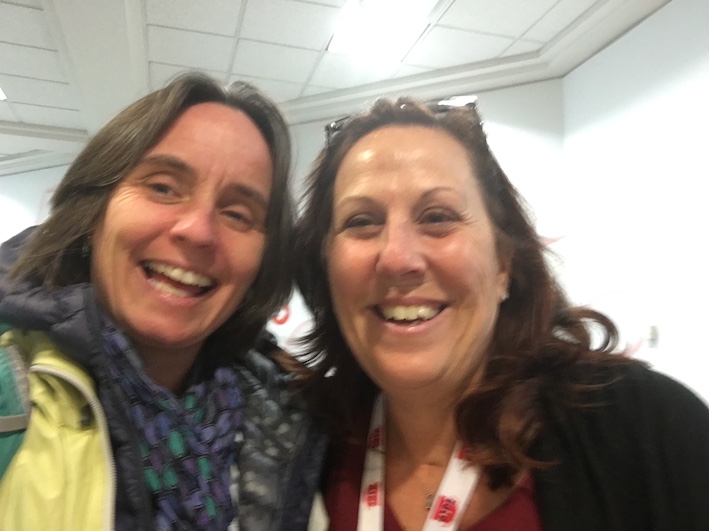
On 1st January 2024 an amazing person died. Diane Kashin was an early childhood educator who reached out to others worldwide to make the future for all children more hopeful and positive. She wrote a blog with post after post of supportive and reflective thoughts for this group of professionals. Her final piece was typical of her self-effacing style, her hopes and dreams. Even when facing death, she did not lose her ability to believe in the greater good of humanity and the intrinsic need we have to be fully interconnected with all living entities and species that makes up our world.
I first met Diane in person at the International Play Association (IPA) conference in Calgary, 2017 (the above photo was taken the first time we met). Sometimes you realise that a stranger is just a friend you have never met until this moment in time. Her warmth, honesty, sense of humour, passion about children, play and early childhood were effervescent. We spent time laughing, chatting and catching up on those missed years of friendship. An ongoing theme was how we were changing, learning from our experiences of time in natural settings and thinking about our relationships and the concept of reciprocity. That our practice never sat still. Learning happens for life if your heart and head are open to this.
Death is always on the horizon for all of us. But for me, it is a much closer reality of my existence. One year ago I was told my treatment options had ended and it was likely that all I had left was weeks or a few months to live at the most. Reaching 2024 would be “very unlikely” according to my consultant. For the rest of my life, how little or long this ends up being, I am physically unwell. Disconcertingly I look fine. But I cannot ever be well in the way I was prior to developing Acute Myeloid Leukaemia, an aggressive blood cancer.
Diane’s final blog post focuses on the idea of legacy. She describes this as “In the realm of individual early childhood educators, the term “legacy” commonly denotes the enduring impact, influence, or contributions that an educator makes. Legacy encapsulates one’s professional imprint and the positive effects they leave in their wake. Crucially, legacy is intertwined with the metaphorical winter season—a phase inviting educators to reflect on giving back to the community that has supported them throughout the various seasons of their career.“
If I asked you directly “What is your legacy?” I am sure many of you may internally crumble at this point. Many educators, regardless of the ages of children and young people with whom they work, do what they do to make a difference. When asked to articulate this, we can struggle. Is this a question relevant only to those at the end of their actual or professional lives? I think not and this is why…
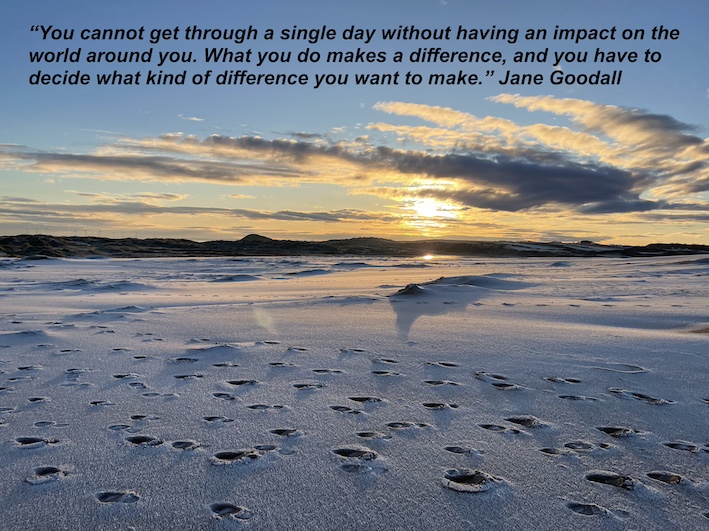
Firstly, the above quote by Jane Goodall, suggests that we have a choice in the impact we make. Even in situations where we may feel powerless or overwhelmed by adversity or big issues such as the climate and nature emergencies we are embroiled in. You and I have choices minute-by-minute, hour-by-hour, day-by-day, year-on-year over our values, beliefs, ethics, thoughts, actions and ways of living and being. Wow! Even when things go awry, we still can reflect and decide how to perceive events, how to change things, how to manage a similar scenario or do things differently another time.
Next, a couple of years ago, I stumbled across the award-winning charity ACLT committed to providing hope to patients living with blood cancer and illnesses where a matched donor (stem cell, blood or organ) is required to save a life.* The motto of ACLT is a powerful one:
- Your life has PURPOSE
- Your story is IMPORTANT
- Your dreams COUNT
- Your voice MATTERS
- You were born to MAKE AN IMPACT
Regardless of age or ability, these statements demonstrate the value of everyone (and arguably all life itself). If you sat down for twenty minutes and wrote down your story, your dreams, your hopes and aspirations, either personally or professionally, then this is the beginnings of voicing your legacy – your impact on the world. It is not a bucket list, a to-do list or a set of achievements or ways to increase one’s influence in the world but much deeper.
Back in 2007, when I had to stop being a head teacher for mental health reasons, I realised I needed to recalibrate my life. As part of this, I read and worked through the book The Seven Habits of Highly Effective People by Steven Covey. The second habit is “Begin with the end in mind“. In this chapter, you are asked to consider your life’s mission, i.e. your purpose and to create a series of statements to reflect this. As I am now nearing the end of my life, I don’t mind sharing mine:
- To make the most of my life as an opportunity to learn, increase my wisdom and expand my capacity to love.
- To be there for my family, friends and others, including myself; ensuring I do many acts of kindness.
- To do my best in pursuit of excellence by working with and for others.
- To be responsible for myself and support my values through my behaviour.
- To keep hope alive through believing in the good in everyone and everything and by experiencing a living relationship with nature.
Since 2007, the above statements have underpinned my personal and professional life. They are not perfect but have been good enough. Whilst I am alive, my mission is live! Having personal drivers underpinning what I do has been immensely helpful to the choices and therefore the difference I make on a daily basis. I hope when people talk about my legacy, it will be in terms of my life’s mission. I hope that when you are asked about your legacy, you can give your story and dreams a voice and rest assured you have made a remarkable impact in your own unique way.
……………………………………………………………………………..
*If you are aged between 16 and 55 years old, please consider signing up to be on a stem cell registry. The ACLT website also provides information on other actions you can take from organ donation, giving blood, being a living kidney donor and so on.

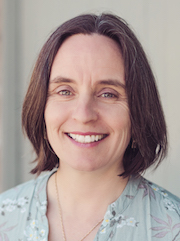
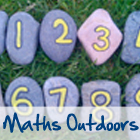
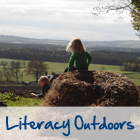
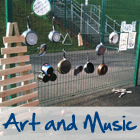
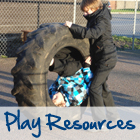
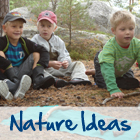
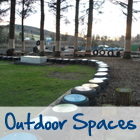
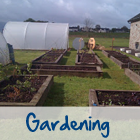
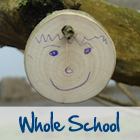



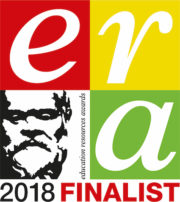
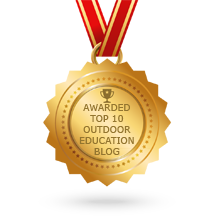

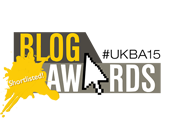
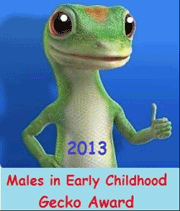
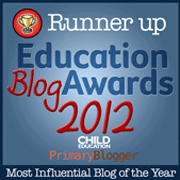
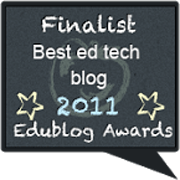
Wow – so powerful. Thanks Juliet. Lots to make me think about there. You are certainly achieving all your life ambitions! Hugs to you as always.
….what a poignant post, and so apt.
Juliet, your legacy is ensured…mission accomplished in spades!
Thank you for prompting us to consider our own legacies too.
Wow! I have been reminded recently to reflect on the impact I have made so this is very poignant. Thank you for reminding us all how important we are in this role. Your legacy is epic and still continues to grow now, so no worries there!
Thank you Juliet for acknowledging Diane’s contributions and legacy. Thank you for the wonderful, selfless , kind, generous, sharing, modest, professional young lady you are. In a world where sadly many display selfishness, greed, narcissism and lack of empathy your attitude and dispositions are refreshing and very much appreciated and valued by myself and so many friends and colleagues internationally. Your positive legacy is unquestionable. Thank you for who you are. Xxxxx
Dear Juliet, it is a pleasure to be able to read your posts and be a part of early year’s professionals. I asked myself today what is my mission? What I want to do? I feel burnt out on the floor but you inspired me to maybe start a blog, develop and share experiences.
Thank you so much!
Juliet,
You are an inspiration and so was Diane.
Thank you for your thoughts. I often think and root for you.
I have never met you, but your website was one of the first I explored during COVID and then as I founded my group (as an ex teacher) to help children and families play out more. I am pretty addicted to playing outside now! Thank you for the effort you went to to communicate your dreams and ways to help take learning outdoors. It’s had a big impact on my life, my kids life and those I work with every day.
When we first met which was the same time I met Diane at the wonderful rhythm of learning. neither you I or Diane had cancer. I feel I have so much more I need to do should do and want to do. I admire both you and Diane for selflessly giving and sharing so much. I learned so much from both of you and the legacy means I’ll continue to learn and I need to work on what I want to leave behind that is worth more than a tear
Juliet, I have followed your work – and benefited from using it – so many times over the years. Thank you for your passion and energy in all you’ve done. I am reading this because I am working on an outdoor classroom design course about to start (US, grad school level), and reading your interpretations of Simon Nicholson’s article from way back. Like him, your ideas and work will continue to inspire and support good work to make the world better for children, and for the earth, and all of us working on this together. You are a blessing. Keep defying definitions. Thank you.
thank you Juliet, I have never known you not to have a smile, always sharing positive thoughts and seeming to be the most giving of people.
It amazes me how strong and bold you and many others are as you walk with these brutal diseases.
You always seem to shine hope, a legacy of shining hope especially for the wee ones, how wonderful that would be.
thank you for shining.
Dear Juliet, you and I have had many conversations about education and I have always come away with more questions than answers!! You gently provoke challenge to established ideas and my teaching journey has been the richer from our exchanges. Diane sounds like she was cut from the same cloth. Generous, inspirational and positive.
Grateful to have shared a few steps of life with you Juliet. The wee red foldable cup you gave me is a regular reminder of your kindness. Love and peace.